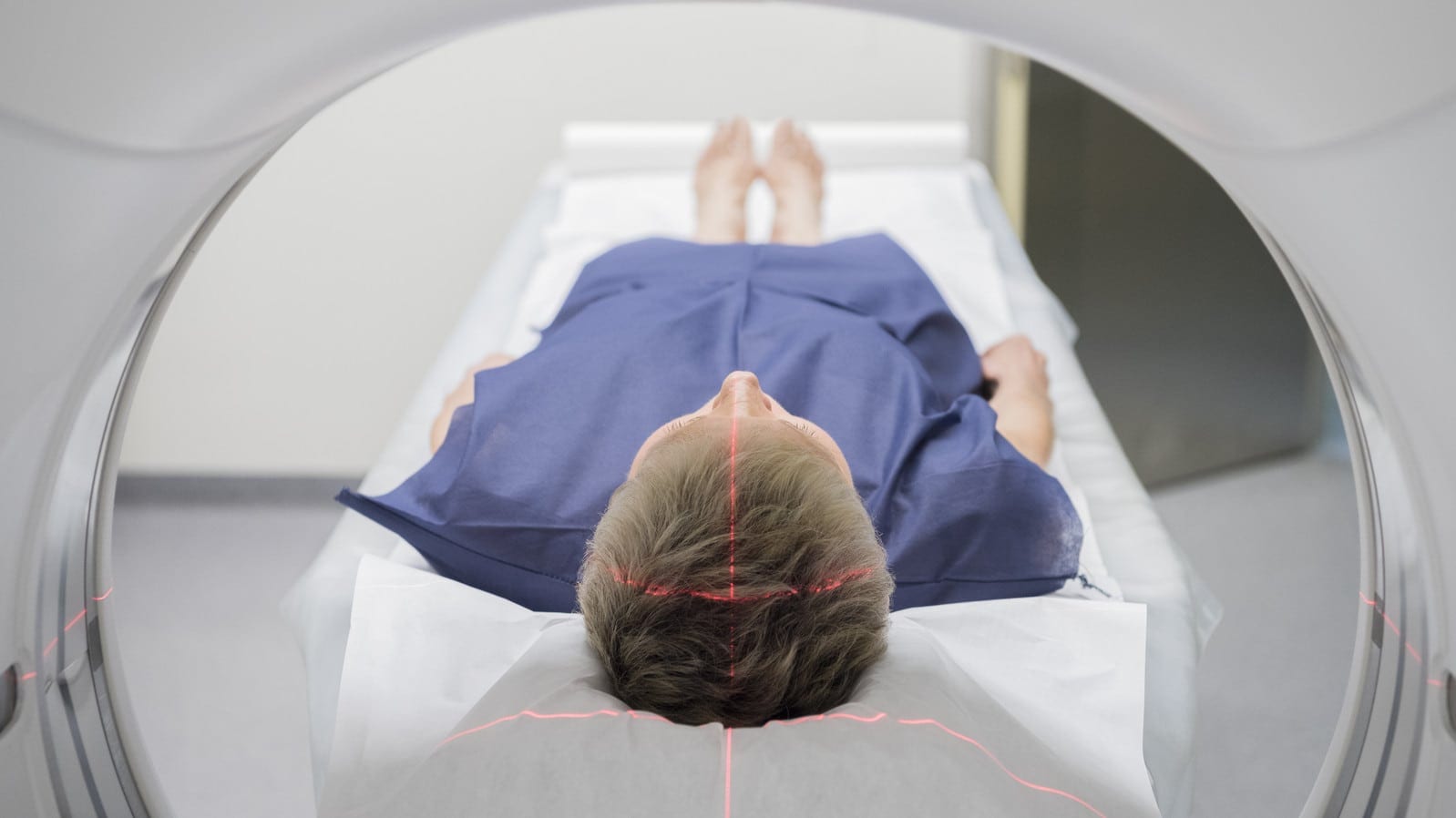Brain injuries are unfortunately common in the United States, and can be caused by a variety of types of accidents such as falls, sports and motor vehicle accidents. There is quite a bit of variation in the severity of different kinds of brain injury, and most brain injuries present different symptoms in adults and children, even with the same type of injury. If you or someone close to you has been involved in an accident that may involve brain injury, seek medical attention immediately and consider contacting a Pueblo personal injury lawyer at Heuser and Heuser.
Types of Brain Injuries
There are three basic types of brain injuries. One of the most common is a concussion, which can be caused by any blow or shock to the head and skull, either of which shake the brain and may cause it to bruise or strike the interior of the skull. “Closed” head injuries are similar, and are caused by the same type of shock, such as the motion of whiplash. These two types can overlap in some cases, since a closed head injury is technically any head injury that does not involve an object entering the head and cutting or penetrating the brain. Concussions and other closed head injuries can happen in car accidents, sports (both contact and non-contact), accidents in the workplace, assaults or fights, falls and accidents involving falling or flying objects.
The third type of brain injury is substantially different from the other two. “Acquired” brain injury is any brain injury that comes from the loss of oxygen flow to the brain, not from head trauma. Toxic substance exposure, such as lead, is a common cause of acquired brain injury, as is ingestion of hazardous chemicals such as recreational drugs or overdoses of medication. Suffocation, carbon monoxide incidents and near-drownings are also frequent culprits for acquired brain injuries. Many cases of acquired brain injury are actionable, so consult a Pueblo personal injury lawyer from Heuser and Heuser to discuss whether your situation is grounds for a personal injury lawsuit.
Brain Injury Symptoms in Adults
Not every brain injury will cause you to lose consciousness. This can happen, but it is perfectly possible to stay conscious even through very serious brain injury. Persistent headaches, dizziness, difficulty concentrating, nausea and blurred vision are warning signs of head injuries, and inexplicable fatigue or sudden changes in mood may also appear. Some brain injury patients do not realize that there is a problem until they start to have trouble processing writing, forming speech and thinking clearly.
As a matter of fact, it is very common for brain injuries, particularly less severe ones, to show no symptoms for several hours, days or weeks. If you have been hit in the head, even if you feel fine, you should be examined by a medical professional; if someone you know has been struck or struck their head, encourage them to see a doctor. Waiting until the symptoms show up can place you at risk of misdiagnosis or more serious injury.
Brain Injury Symptoms in Children
It is often more difficult to spot brain injury in young children. Whether or not you are aware that a child has recently suffered a head blow, you should seek medical attention immediately if the child becomes irritable or unusually tired and lethargic, has trouble keeping their balance and walking, loses interest in favorite activities or toys, suddenly changes their eating and sleeping patterns or school performance, or appears to be losing recently-acquired skills such as toilet training or new school activities.
Always seek medical attention immediately if there is any chance that you or someone you know has suffered a brain injury. Keep track of any documentation and bring it to discuss your case with a trusted Pueblo personal injury lawyer. If you are considering bringing a personal injury lawsuit involving brain injury, contact Heuser & Heuser for a consultation.


